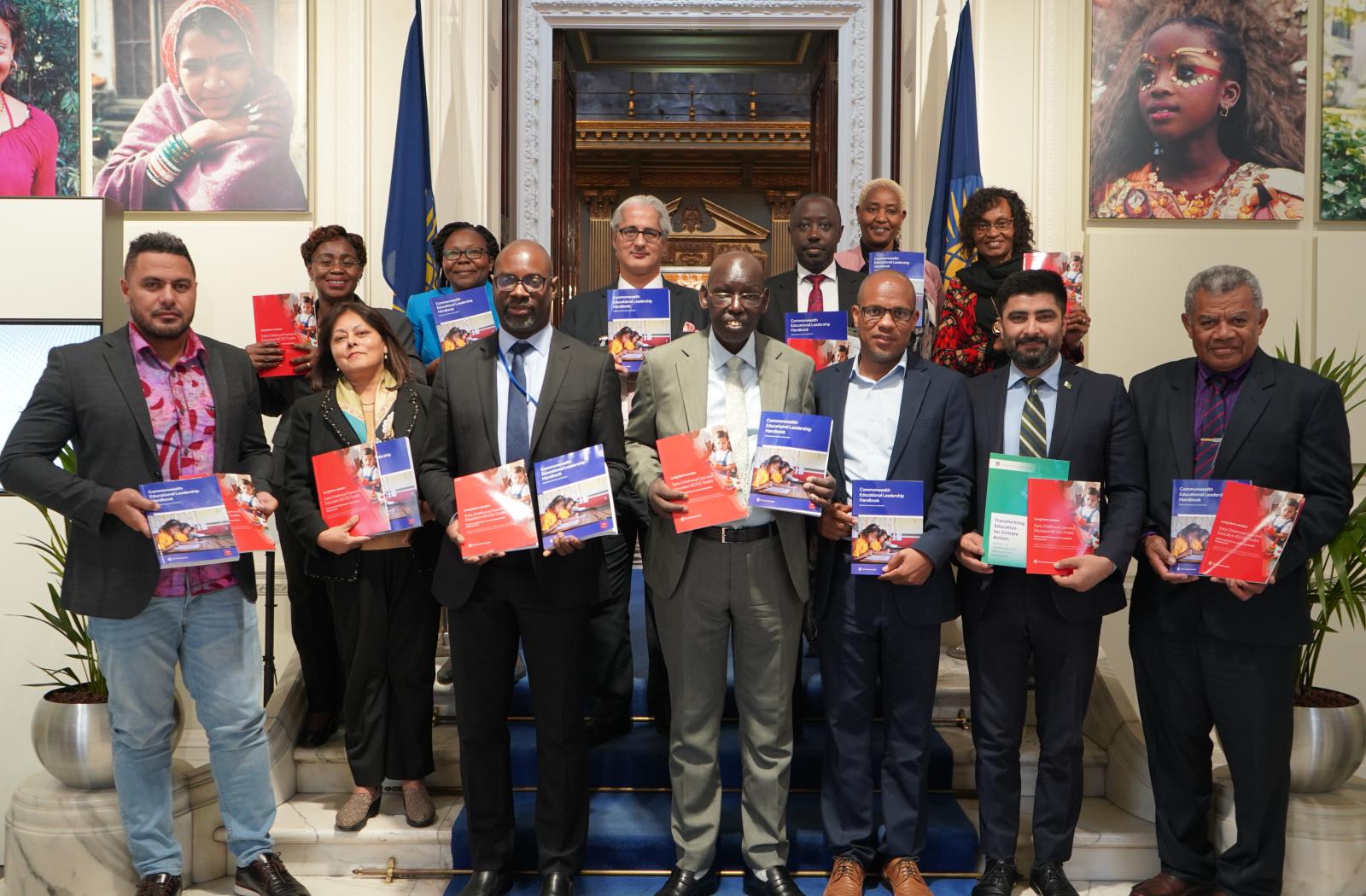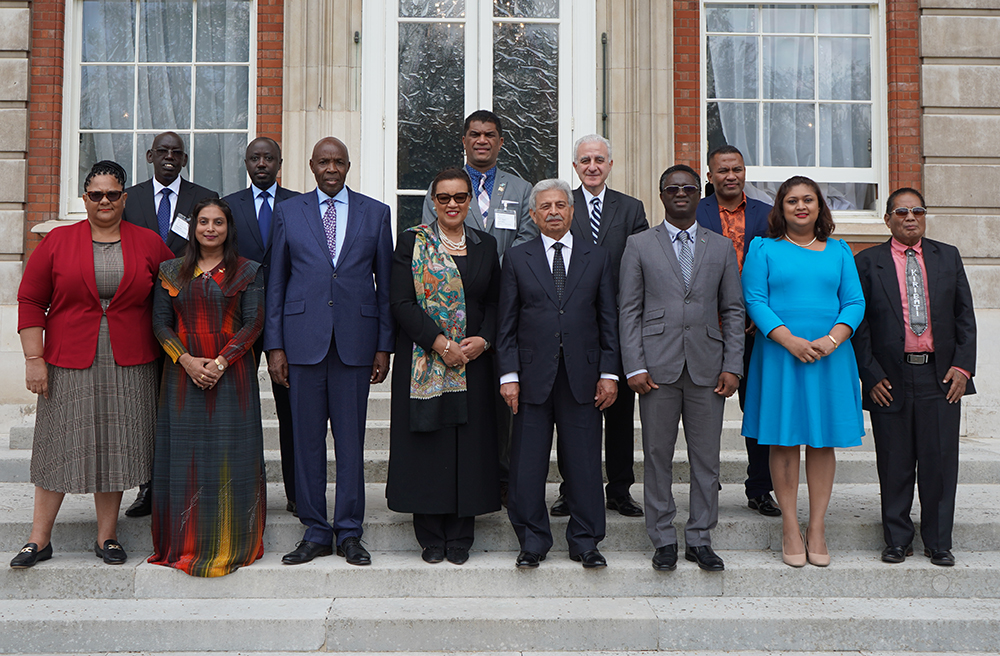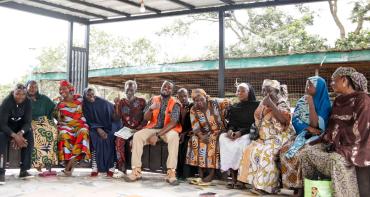Over two days, Commonwealth Education Ministers, senior officials and other stakeholders met to chart the way forward for education in the 56 member countries. The education ministers met at Marlborough House in London for the Commonwealth Education Ministerial Action Group (CEMAG) on Thursday, 11 May 2023.

The senior officials then gathered for the Commonwealth Accelerated Development Mechanism for Education (CADME) meeting to take forward the discussions that were held on the previous day.
The Hon. Ezekiel Machogu, the Cabinet Secretary of Education of Kenya, chaired the Commonwealth Education Ministerial Action Group meeting; and the Commonwealth Accelerated Development Mechanism for Education meeting was chaired by Dr Belio Kipsang, Principal Secretary of Basic Education for the Government of Kenya.
The meetings prepare for the Commonwealth Conference of Education Ministers (CCEM) and are a mechanism to ensure that there is progress towards identified goals in the previous staging.

During the last CCEM, held in Kenya in April 2022, education ministers issued a joint statement in which they recognised the urgent need to increase investment in education and skills at all ages, with a particular focus on ensuring foundational skills for all.
Describing the CEMAG and CADME meetings as “timely”, the Hon Ezekiel Machogu said:
“Many of us are still grappling with back-to-school measures and navigating the challenges posed by the pandemic in our ministries and institutions. Therefore, this is an invaluable opportunity to focus on our commitments to financing education, explore emerging opportunities such as artificial intelligence (AI) in education and share effective strategies and resources.”
Ministers and senior officials at the meeting endorsed the establishment of four working groups, which will support action on learning outcomes, employability and entrepreneurship, higher education, and resilience and sustainability.
They also welcomed the launches of new Commonwealth resources. These include the Commonwealth Education Leadership Handbook, which aims to integrate school leadership competencies into the professional development of the education workforce; and a toolkit designed to facilitate a multisector approach to Early Childhood Care and Education.
Technology as an enabler
On the first day, Commonwealth Secretary-General, Rt Hon Patricia Scotland KC, challenged the education ministers to make use of technology. In particular, she highlighted the opportunities of AI to combat learning gaps caused by the pandemic and displacement from climate events.
She also spoke about how the use of AI could assist with engaging students and sowing the seeds of innovation within young people so that they can thrive in an increasingly technological world. The Commonwealth Secretary-General said:
“We need to work urgently to create new pathways to education for all those affected by exogenous shocks and crises. But despite the challenges we face, there are incredible opportunities in our world today, and the Commonwealth’s youthful population is bursting with potential.
“Together, we can – and must - harness the potential of our 1.5 billion young people, converting technological and economic advancements into tangible transformation and enhanced opportunities for our children and youth.”
Reflection on priorities, celebrate progress and identify areas for action
During the CEMAG and CADME meetings, the education ministers and senior officials agreed to work together to accelerate efforts to close learning gaps, develop partnerships to assist with mobilising resources and identify best practices that could be adopted by others.
They also looked at recommendations made during the last CCEM and reported on progress made in implementing the recommendations that ministers had agreed to in 2022.
Media contact
- Amy Coles Communications Officer, Communications Division, Commonwealth Secretariat



